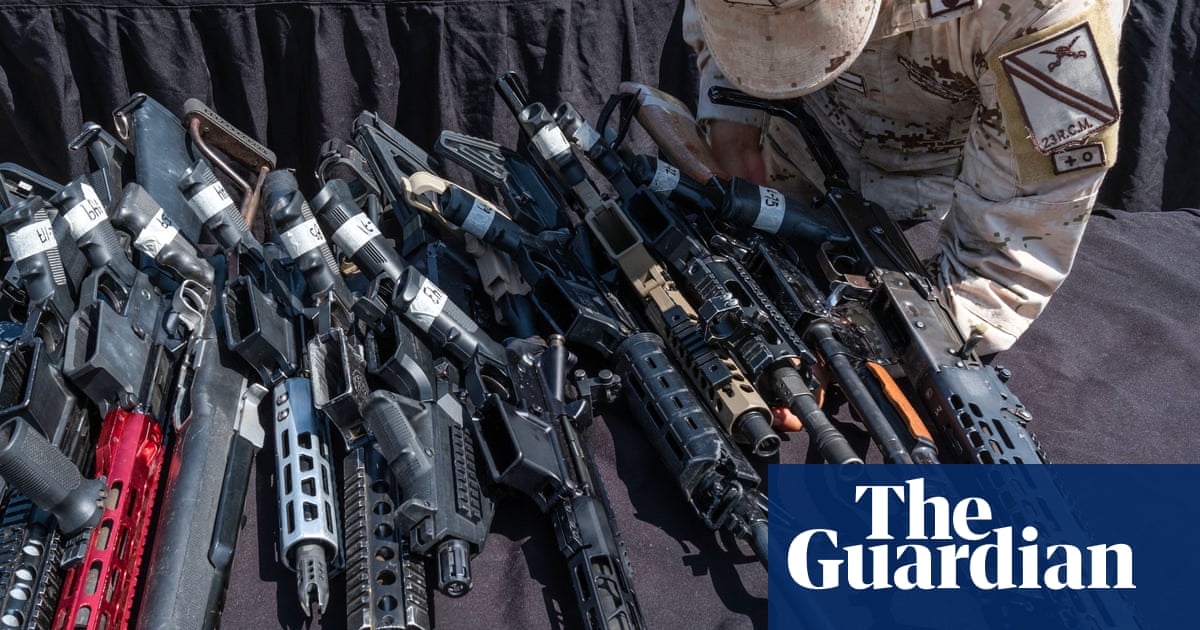TheUS supreme courton Thursday spared two American gun companies from a lawsuit byMexico’s government accusing them of aiding illegal firearms trafficking to drug cartels and fueling gun violence on the south side of theUS-Mexico border.
The justices, in a unanimous ruling, overturned a lower court’s decision that had allowed the lawsuit to proceed against the firearms maker Smith & Wesson and distributor Interstate Arms. The lower court had found thatMexicoplausibly alleged that the companies aided and abetted illegal gun sales, harming its government.
The companies had argued for the dismissal of Mexico’s suit, filed in Boston in 2021, under a 2005 US law called the Protection of Lawful Commerce in Arms Act that broadly shields gun companies from liability for crimes committed with their products. The Boston-based first circuit court of appeals decided in 2024 that the alleged conduct by the companies fell outside these protections.
“Mexico alleges that the companies aided and abetted unlawful sales routing guns to Mexican drug cartels. The question presented is whether Mexico’s complaint plausibly pleads that conduct. We conclude it does not,” the liberal justice Elena Kagan wrote for the supreme court on Thursday morning.
The case came to the supreme court at a complicated time for US-Mexican relations as Donald Trump pursueson-again, off-again tariffson Mexican goods imported into the US. Trump has also accused Mexico of doing too little to stop the flow of synthetic drugs such as the opioid fentanyl and migrant arrivals at the border, even though Mexico has stepped up efforts to prevent migrants from reaching the border in recent years.
Mexico had claimed that the companies have deliberately maintained a distribution system that included firearms dealers who knowingly sell weapons to third-party, or “straw”, purchasers who then traffic guns to cartels in Mexico.
The suit also accused the companies of unlawfully designing and marketing their guns as military-grade weapons to drive up demand among the cartels.
Mexico in the lawsuit sought monetary damages of an unspecified amount and a court order requiring Smith & Wesson and Interstate Arms to take steps to “abate and remedy the public nuisance they have created in Mexico”.
Gun violence fueled by trafficked US-made firearms has contributed to a decline in business investment and economic activity in Mexico.
